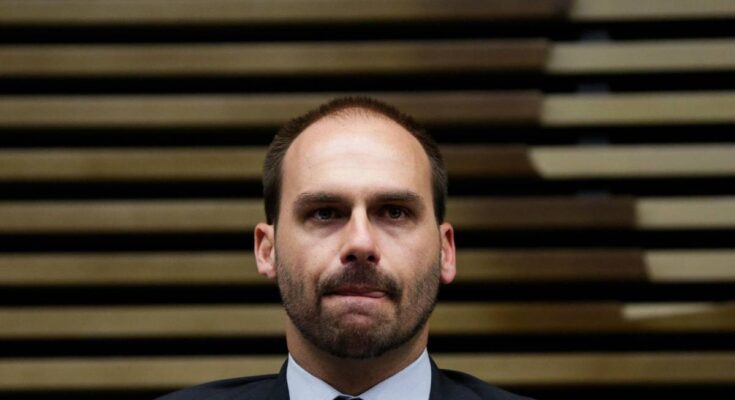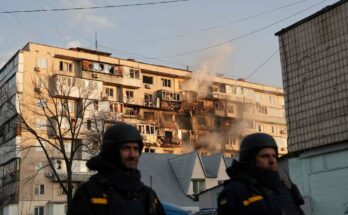The first division of the Brazilian Federal Supreme Court (STF) has decided to accept the complaint of the Attorney General of the Republic against Eduardo Bolsonaroson of a former president Jair Bolsonaro. The terms – anticipated by Brazilian newspapers and confirmed by official sources – paved the way for the trial accusation of coercion carried out abroad, aimed at influencing criminal proceedings against the father.
According to prosecutors’ allegations, Eduardo Bolsonaro put pressure on US authorities to intervene in his father’s interests: requesting economic sanctions against Brazil, visa suspensions for Brazilian Supreme Court judges, and the use of human rights. Magnitsky’s law.. The evidence, wrote the rapporteur of the case, Judge Alexandre de Moraes, outlines actions aimed at causing institutional and social instability. The defense responded that the reported behavior fell within political and diplomatic logic, not action that could be prosecuted under the article. 344 of the Brazilian Criminal Code (coercion).
The Court’s decision – taken based on the positive votes of judges De Moraes and Flávio Dino – allows the formal indictment of Eduardo. Although there was still one vote missing (that of Cármen Lúcia), a majority had been obtained and unanimity was not required to start the process. The congressman had been in the United States for several months: his move abroad presented further procedural and diplomatic complications.
The case is part of a still highly polarized context following the sentencing – again by the Supreme Court – of Jair Bolsonaro to 27 years and 3 months in prison for attempted coup and armed criminal conspiracy. Eduardo’s role in attempting to influence the course of Brazil’s judiciary from abroad highlights tensions between institutions, political forces, and international relations (especially with the United States), raising questions about the fragility of democracy in Brazil.
In the coming weeks the Supreme Court will formalize the nomination of Eduardo Bolsonaro as defendant and determine a calendar for
hearing. The fact that he is in the United States complicates notification procedures, extradition or judicial coordination, but does not prevent the continuation of proceedings that can be carried out even in his absence.



